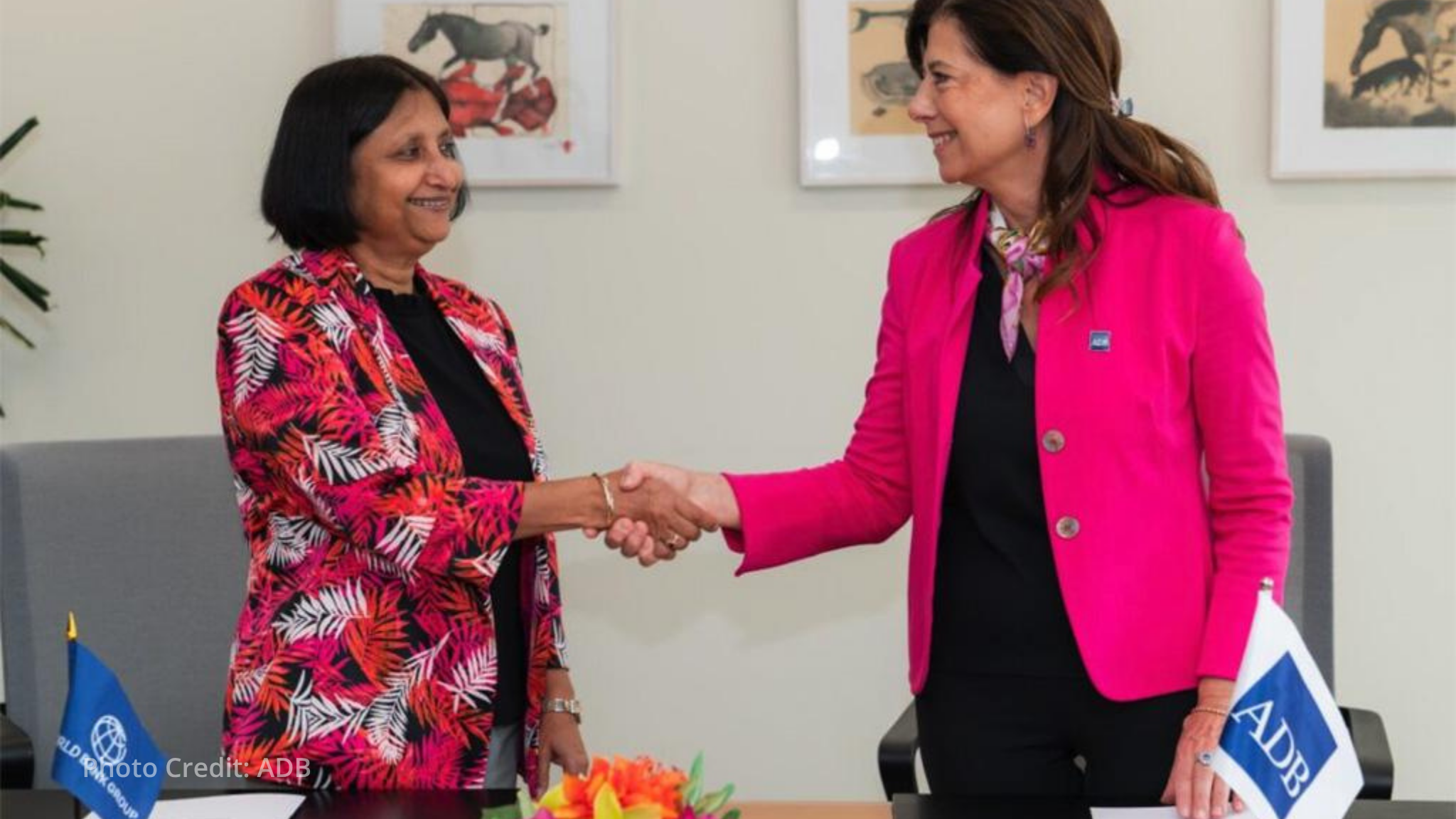The Asian Development Bank (ADB) and the World Bank have signed a $3 billion sovereign exposure exchange agreement to boost ADB’s lending capacity across Asia and the Pacific, according to a press release. The deal aims to free up more resources for ADB’s developing member countries by managing financial risk through collaboration between the two institutions.
This is ADB’s first such exchange with the World Bank and its sixth overall since 2020, bringing the total amount exchanged with multilateral development banks to $9 billion. The move comes at a time when developing economies in the region are facing multiple, overlapping crises that stretch public finances and development institutions alike.
ADB Vice-President for Finance and Risk Management Roberta Casali described the partnership as “transformative,” highlighting that joint initiatives between global financial institutions can help reduce concentration risks and increase support for countries most in need. World Bank Managing Director and Chief Financial Officer Anshula Kant added that the agreement underscores the Bank’s commitment to expanding the lending capacity of the broader multilateral development system.
Through sovereign exposure exchanges, banks can trade parts of their loan portfolios to balance risk across countries. For ADB, these arrangements free up capital by lowering exposure to specific borrowers, creating more space to finance new development projects under its internal limits. The mechanism also supports the broader goal of coordinated financial resilience among multilateral lenders.
The agreement builds on ADB’s ongoing efforts to strengthen its capital base. Last year, it unlocked an additional $100 billion in lending capacity through updates to its Capital Adequacy Framework. Since its founding in 1966, ADB has worked across 69 member countries to promote sustainable, inclusive growth and improve living standards across Asia and the Pacific.

